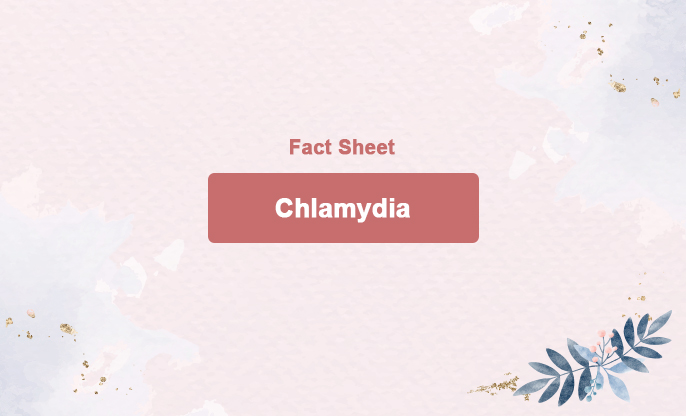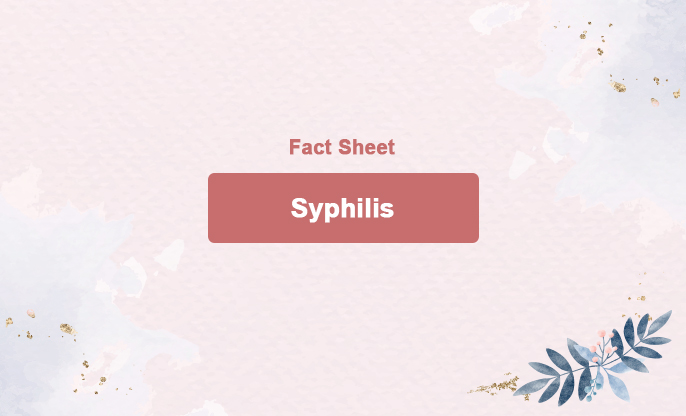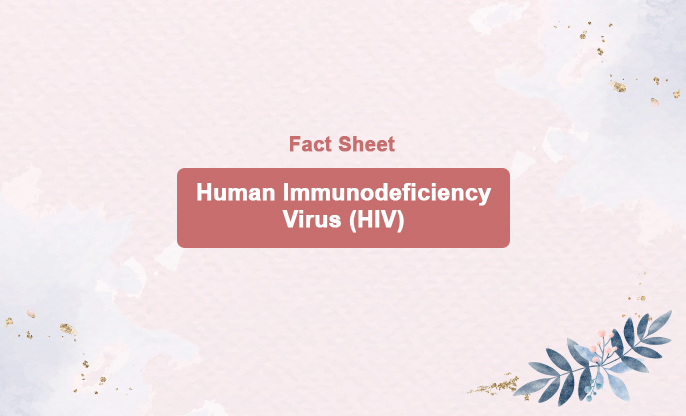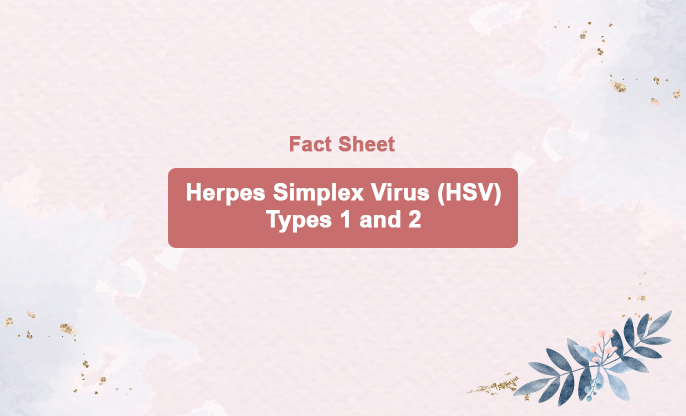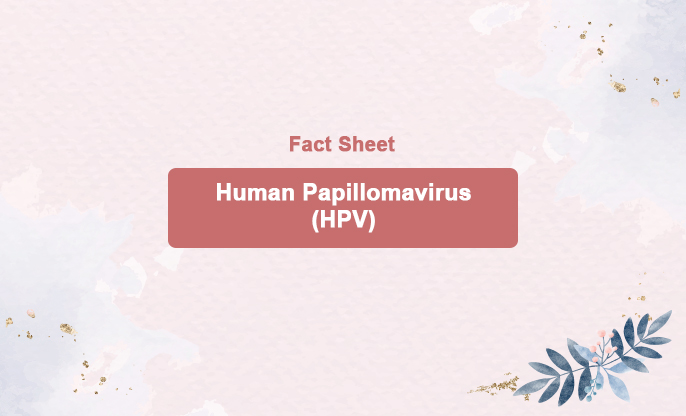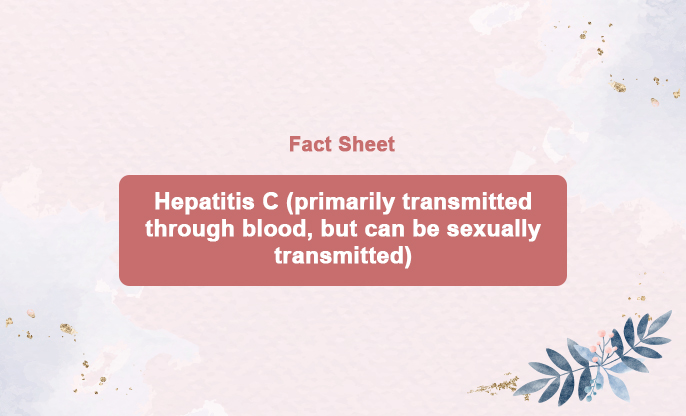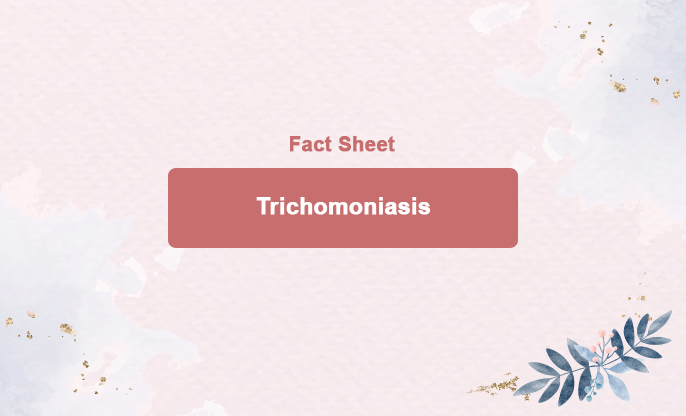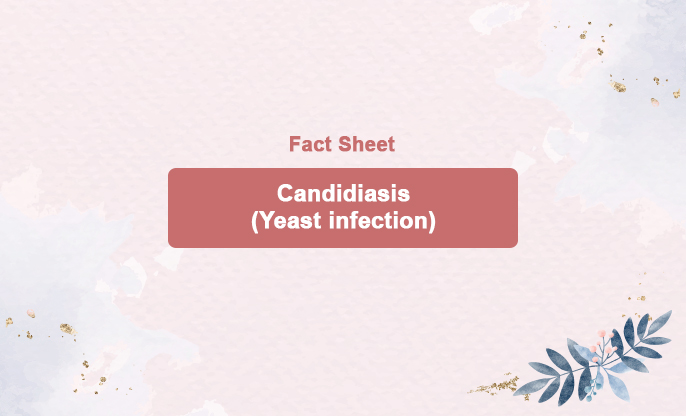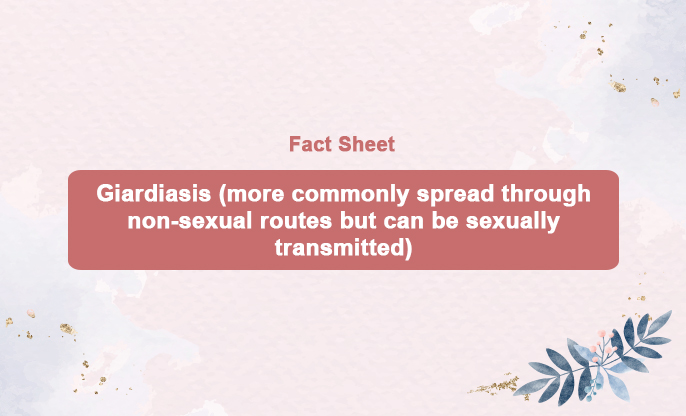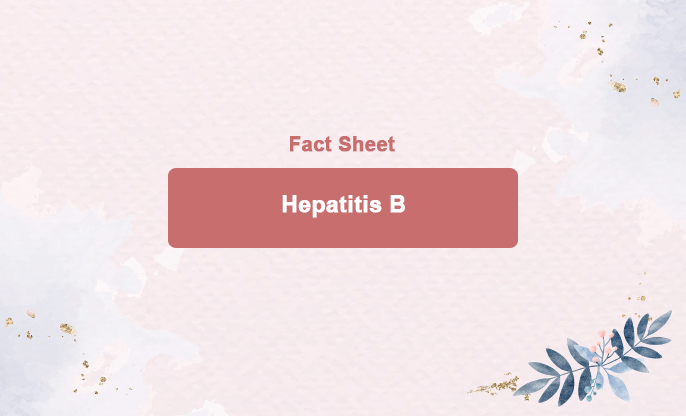
What is this?
Hepatitis B is a liver infection caused by the hepatitis B virus. The infection can be acute (short-term and severe) or chronic (long-term). Hepatitis B can lead to chronic infection, significantly increasing the risk of death from cirrhosis and liver cancer.
Acute hepatitis B is a short-term illness that occurs within the first six months after exposure to the hepatitis B virus (HBV). Some individuals with acute hepatitis B may have no symptoms or only a mild illness. However, for others, it can lead to a more severe condition that requires hospitalization.
Acute hepatitis B can progress to a lifelong condition known as chronic hepatitis B. If left untreated, chronic hepatitis B can result in severe health issues, including liver damage, cirrhosis, liver cancer, and potentially death.
The virus spreads through contact with infected body fluids such as blood, saliva, vaginal fluids, and semen. It can also be transmitted from mother to baby during childbirth.
Hepatitis B can be prevented with a safe and effective vaccine, typically administered soon after birth with booster doses given a few weeks later. The vaccine provides nearly 100% protection against the virus.
Symptoms of hepatitis B include:
Dark urine or clay-colored stools
Feeling tired
Fever
Joint pain
Loss of appetite
Nausea, stomach pain, throwing up
Yellow skin or eyes (jaundice)
How is it transmitted?
Hepatitis B is primarily transmitted when blood, semen, or certain other body fluids – even in microscopic amounts – from an HBV-infected person enter the body of an uninfected individual.
While anyone can contract hepatitis B, specific life circumstances, occupations, and behaviors can elevate the risk.
Standard treatment protocol and time:
Effective management of hepatitis B involves a combination of antiviral medications, regular monitoring, lifestyle changes, and preventive measures. It's essential to work closely with a healthcare provider to determine the best treatment plan based on individual needs and the severity of the infection.
Acute Hepatitis B:
Supportive Care: Most people with acute hepatitis B do not require specific antiviral treatment. Supportive care is focused on managing symptoms, such as rest, maintaining hydration, and eating a healthy diet.
Monitoring: Regular monitoring by a healthcare provider to check liver function and ensure the infection resolves.
Chronic Hepatitis B:
Antiviral Medications:
Entecavir: An oral antiviral that helps reduce viral load and liver damage.
Tenofovir: Another oral antiviral effective in lowering viral levels and protecting the liver.
Lamivudine: Sometimes used, but less preferred due to higher rates of resistance.
Adefovir: Occasionally used, especially if other drugs are not suitable.
Monitoring:
Regular Check-ups: Ongoing monitoring of liver function, viral load, and screening for liver cancer.
Liver Ultrasound and Blood Tests: Conducted every 6-12 months to check for signs of liver damage or cancer.
Liver Transplant:
For Severe Cases: In cases of severe liver damage or liver failure, a liver transplant may be necessary.
Lifestyle Changes:
Avoid Alcohol: To reduce further liver damage.
Healthy Diet: To support liver health.
Regular Exercise: To maintain overall health.
Vaccination and Prevention:
Vaccination: For family members and close contacts to prevent the spread of hepatitis B.
Safe Practices: Avoid sharing needles, ensure safe sex practices, and follow medical guidelines to prevent transmission.
How to avoid it?
Hepatitis B is preventable with a vaccine.
Vaccination Recommendations:
Infants: All babies should receive the hepatitis B vaccine as soon as possible after birth (within 24 hours), followed by two or three additional doses spaced at least four weeks apart.
Booster Doses: Typically, booster vaccines are not necessary for those who have completed the three-dose series.
Duration of Protection: The vaccine provides protection against hepatitis B for at least 20 years, and likely for life.
Mother-to-Child Transmission:
Prevention: Hepatitis B can be transmitted from mother to child during childbirth. This can be prevented by administering antiviral medicines to the mother and giving the vaccine to the newborn.
Reducing the Risk of Hepatitis B:
Safe Sex: Use condoms and limit the number of sexual partners.
Avoid Sharing Needles: Do not share needles or equipment used for injecting drugs, piercing, or tattooing.
Hygiene: Wash hands thoroughly with soap and water after contact with blood, body fluids, or contaminated surfaces.
Healthcare Workers: Individuals working in healthcare settings should receive the hepatitis B vaccine.
